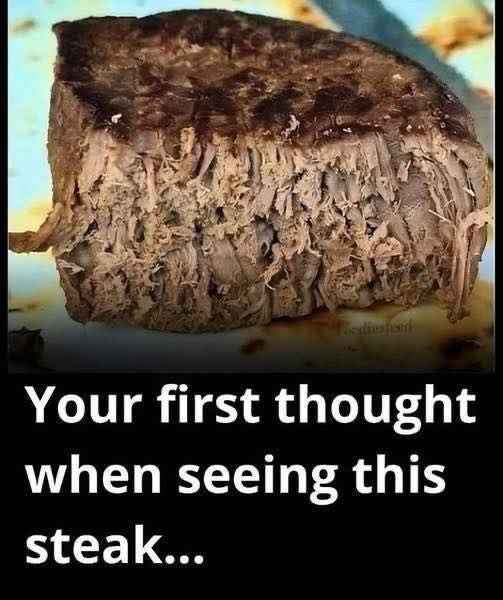Few dishes command as much admiration as a flawlessly cooked steak. Succulent, rich, and tender, a well-prepared steak is a global culinary icon. Whether seared in a cast-iron skillet, grilled over an open flame, or broiled to perfection, a great steak is more than just food—it’s an art form. In this deep dive, we’ll explore what makes steak so irresistible and how you can achieve juicy, restaurant-quality results at home.Best restaurants near me
Selecting the Ideal Cut
The foundation of an exceptional steak lies in the cut. Here are some of the most prized options:
Ribeye – Renowned for its marbling, delivering unmatched juiciness and buttery richness.
Filet Mignon – The epitome of tenderness, with a delicate, mild flavor.
New York Strip – A perfect balance of bold beefiness and firm texture.
T-Bone/Porterhouse – The best of both worlds, featuring tenderloin on one side and strip steak on the other.
Pro Tip: Look for generous marbling (intramuscular fat), which ensures flavor and moisture.
Preparing the Steak for Success
Proper prep sets the stage for perfection:
Rest at Room Temperature – Let the steak sit for 30 minutes before cooking for even heat distribution.
Season Liberally – Coarse salt and freshly cracked black pepper are all you need for a stellar crust.
Oil the Meat, Not the Pan – A light coat of high-smoke-point oil (like avocado or grapeseed) prevents sticking and enhances searing.
Mastering the Cooking Process
Sear at High Heat – A blazing-hot pan or grill locks in juices and creates a caramelized crust.
Monitor Doneness – Use a meat thermometer for precision:
Rare: 120-130°F (49-54°C)
Medium Rare: 130-135°F (54-57°C) (ideal for maximum juiciness)
Medium: 135-145°F (57-63°C)
Medium Well: 145-155°F (63-68°C)
Well Done: 155°F+ (68°C+) (not recommended for premium cuts!)
Rest Before Slicing – Allow 5-10 minutes for juices to redistribute, ensuring every bite stays moist.
SEE NEXT PAGE
ADVERTISEMENT
ADVERTISEMENT

